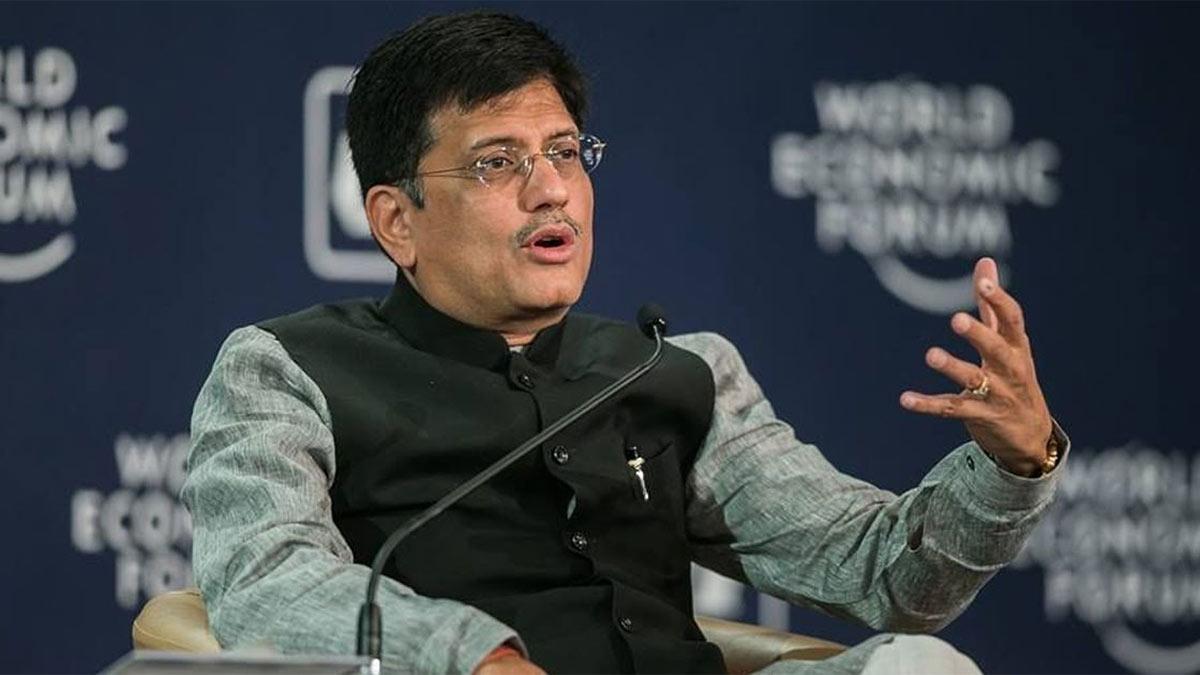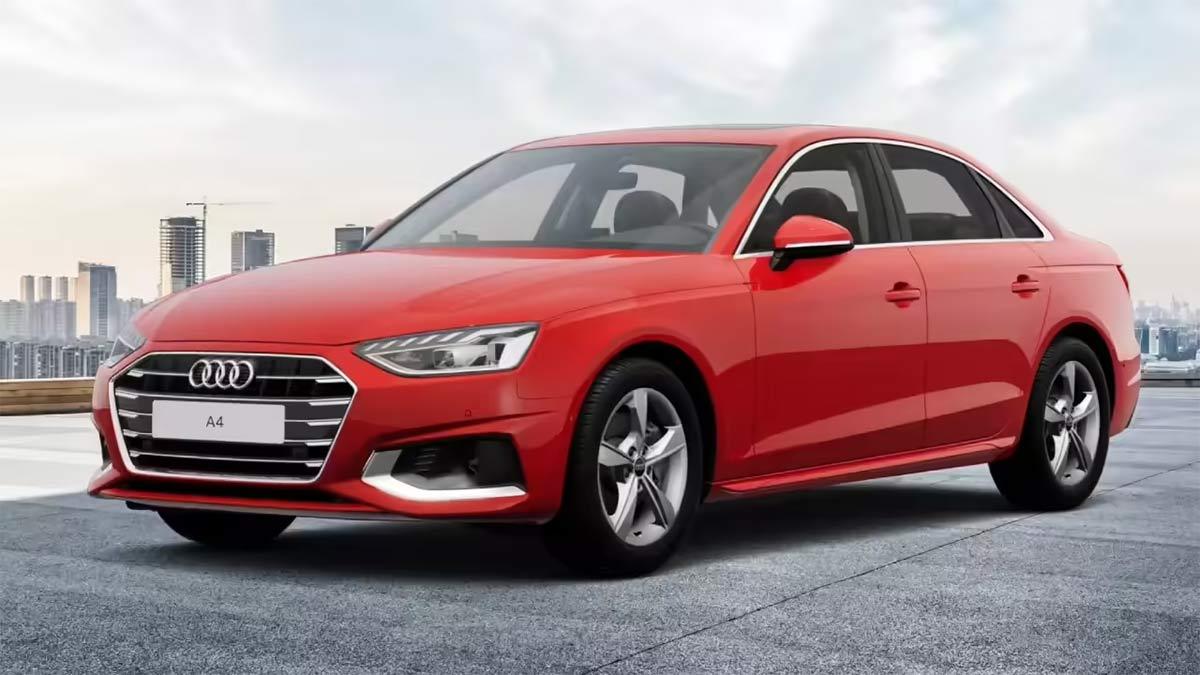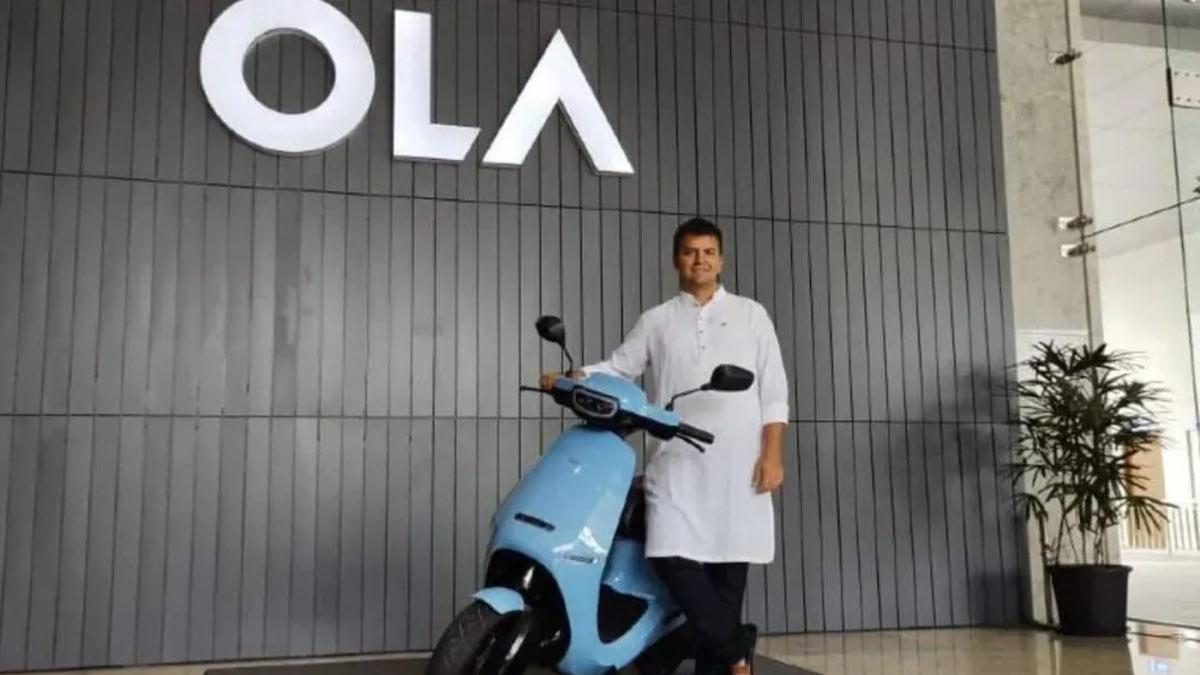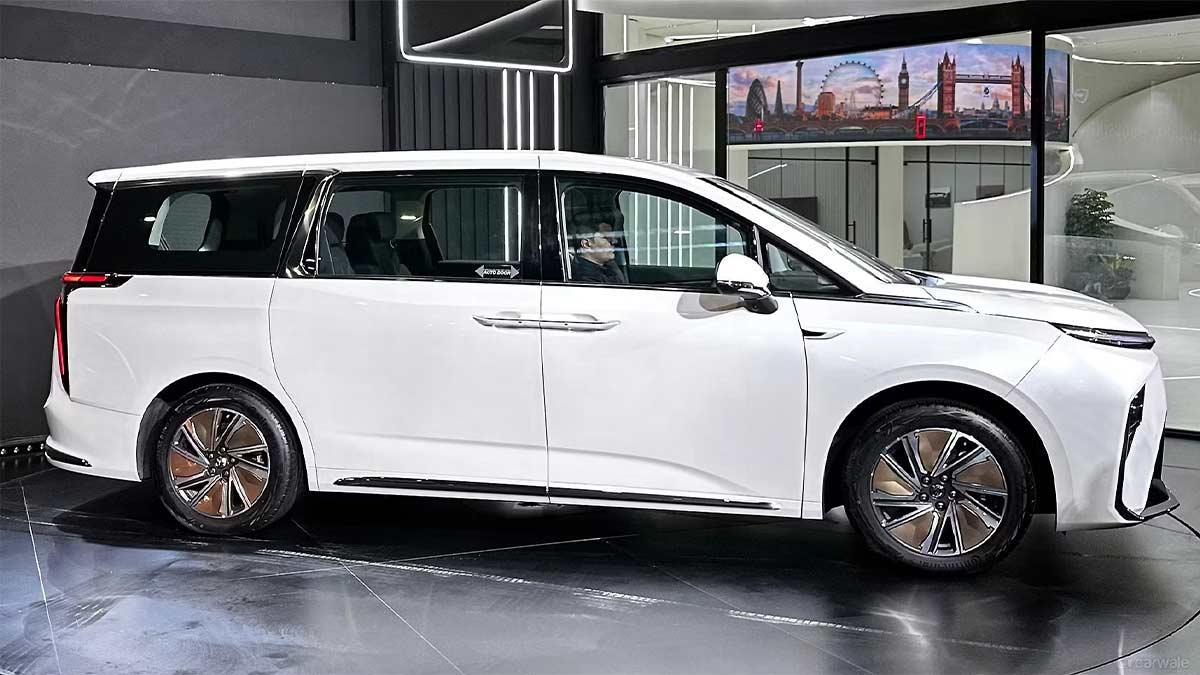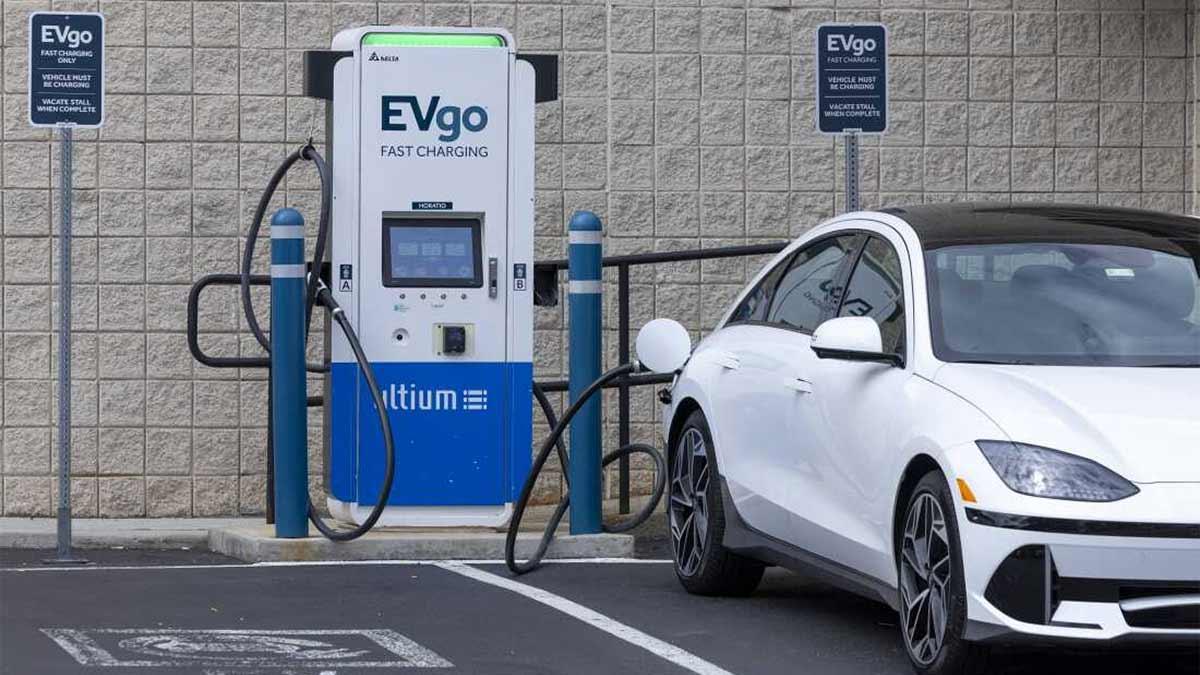Commerce and Industry Minister Piyush Goyal on Monday termed China's move to place fresh curbs on rare earth exports a "wake-up call" for the international economy, highlighting India's effort to build alternative supply channels and position itself as a trusted supply chain partner.
During an official trip to Switzerland for talks with Swiss officials and corporate heads, Goyal spoke to reporters and said the direct effect of China's restrictions will first be witnessed by India's automotive and consumer electronics industries.
But he was hopeful that combined efforts of the government, industry, and innovators would convert the crisis into an opportunity for long-term progress and self-reliance.
Listing the strategy of response from the government, Goyal pointed out continued diplomatic efforts through India's embassy in China, and the commerce ministry's efforts to source rare earths from alternative international sources. Indian Rare Earths Limited has also been announced to be getting further support to increase domestic production and extraction.
"This is a wake-up call to all who've become over-dependent on some geographies," Goyal stated. "It's a wake-up call to the entire world that you require trusted partners in your supply chain."
India's automobile industry, which is dependent on Chinese imports of rare earth magnets, has approached the government for accelerated clearances as the Chinese administration increases control over exports. The controls, in place since April 4, require special permits for seven particular rare earth elements and related magnetic products.
"There are obviously problems regarding the suspension of China's permanent magnet supplies to India, and this will impact our automobile industry specifically and a number of white goods manufacturers," Goyal admitted. "Some of the companies have already filed their applications, and we expect that rational considerations should hold sway and they will get the required permits."
Goyal went on to mention the possibility of government support in the form of production-linked incentive (PLI) schemes and observed an increasing ethos of cooperation between auto producers and home-grown tech developers. Businesses, he added, are prepared to invest and tweak prices in favor of domestic innovation.
They are actively engaging our startups and innovators, which suggests that they will commit any funds required or price subsidies to ensure quicker rollout and expansion of this sector," he added.
Lauding the change in industry perception, Goyal said Indian companies are becoming more assertive and less dependent on government subsidies. "Increasingly, Indian industry is breaking free of the mindset that government support and subsidy alone will drive our businesses. They are getting larger and more audacious in their ambition."
He also noted sustained R&D endeavors being made to minimize reliance on Chinese rare earths, stating, "There are some technologies which are being developed by India," and emphasizing the need to collaborate at the public and private levels.
"We are all working together as a team and continue to believe that though there could be difficulties in the short term, we shall all be winners in the medium to long term," Goyal added.
It was seen as a strategic opportunity by the minister, and he ended by highlighting the importance of self-sufficiency and international confidence in Indian manufacturing. "There is a chance even in this crisis and challenge," he stated. "More and more businesses, companies, and individuals in India will understand that it is important to be self-reliant and to have trusted partners in supply chains.". More and more, the world today needs India to be included in their supply chain because we are considered a reliable partner."

